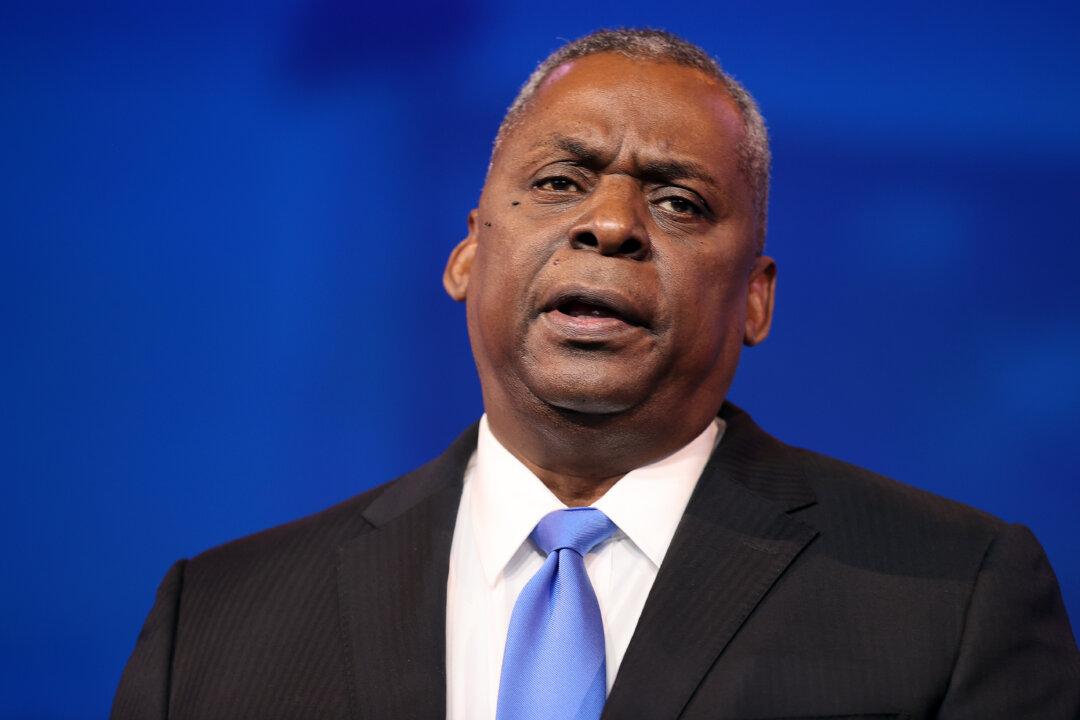The Senate has confirmed President Joe Biden’s pick for defense secretary, retired general Lloyd Austin, giving Biden his second Cabinet member two days after his inauguration.
Austin was confirmed in a 93-2 vote on Friday, with Sens. Josh Hawley (R-Mo.) and Mike Lee (R-Utah) voting nay. His ascent to the post of Pentagon head makes him the first black secretary of defense in U.S. history.





